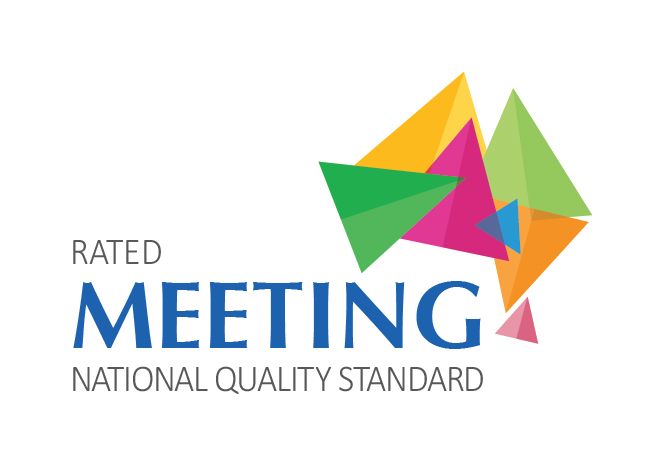Balancing Your Work & Your Child’s Early Education
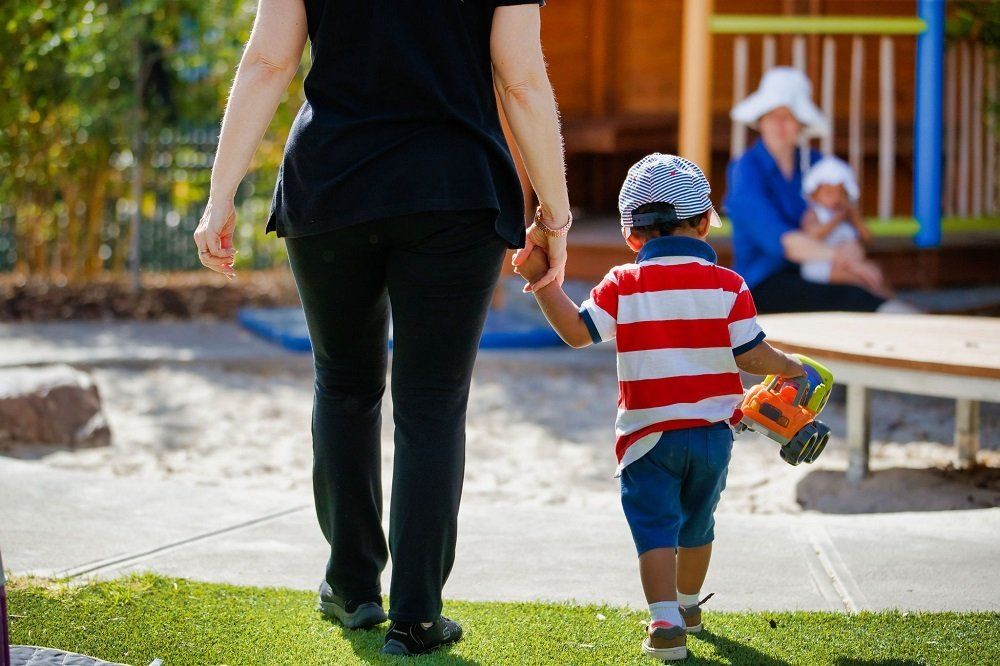
Growing evidence supports the numerous benefits of early childhood education. This education lays the groundwork for healthy development and learning, and establishes the foundations for future well-being. Attending early education programs improves school readiness and provides children with developmental opportunities shared with their peers.
Working parents have a unique challenge in managing their work and their children’s early education. They drop their children off before work and pick them up at the end of the day. Often, this is the extent of their involvement. While it can seem overwhelming to juggle work and preschool, there are ways parents can reinforce preschool lessons without jeopardising their professional duties. Here are four tips for making it work.
Establish a line of communication
Parents can positively influence learning by partnering with their child’s preschool. The best way to engage with your child’s early education is by establishing a solid line of communication with their early learning centre. Parents who have a firm grasp of what their children are working on in the classroom can find ways to reinforce lessons at home. Ask the preschool for curriculum information or for information about specific lessons, so you can extend the learning experience at home.
Get to know your child’s preschool
If parents have not already done so, they should book a tour of the facility and ask to speak with their children’s teachers. Getting comfortable with your child’s educators goes a long way to helping your child succeed at school. Parents can ask if teachers are comfortable with them volunteering in the classroom, or if there is any other way they can help. Many teachers welcome parent volunteers for reading stories, helping with art projects, or just being an extra helping hand for all daily activities.
Ask for useful resources
Parents who want to play an active role in their children’s early learning must first understand what the school is teaching each day. Request the classroom teacher or curriculum director to share useful resources with parents. They can outline the guidance that parents can use at home to further help with behaviour management, the development of fine and gross motor skills, and language learning skills. The resources may include complementary activities parents can use at home to reinforce classroom teaching. When children realise their parents wish to be involved with their learning, they will become more excited about it themselves.
Getting the most from early education
Engaging in early education while pursuing a full-time career need not feel like an uphill marathon when you choose the right program. Reach out today to learn more about our school readiness programs and request a tour of one of our facilities.
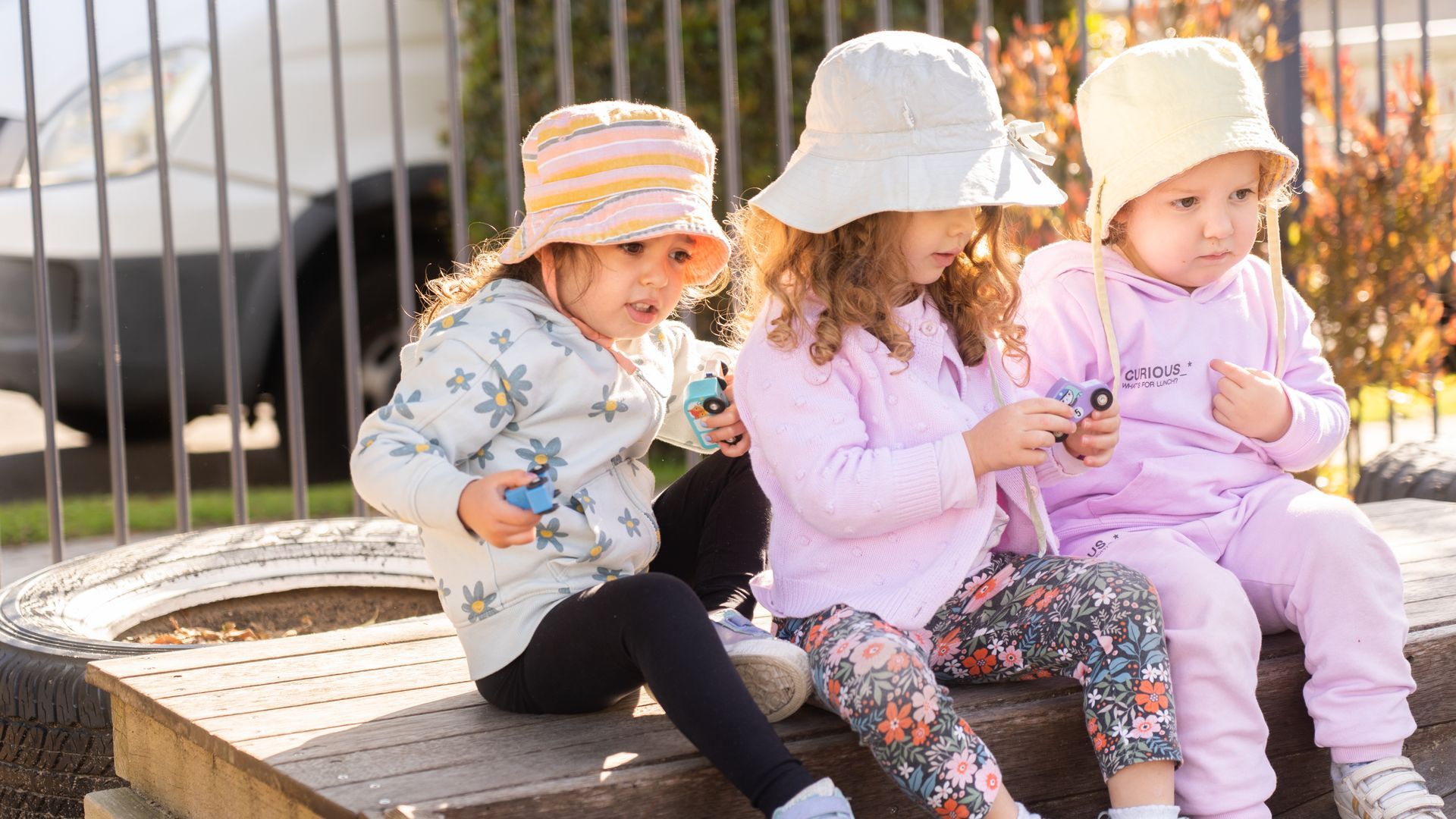
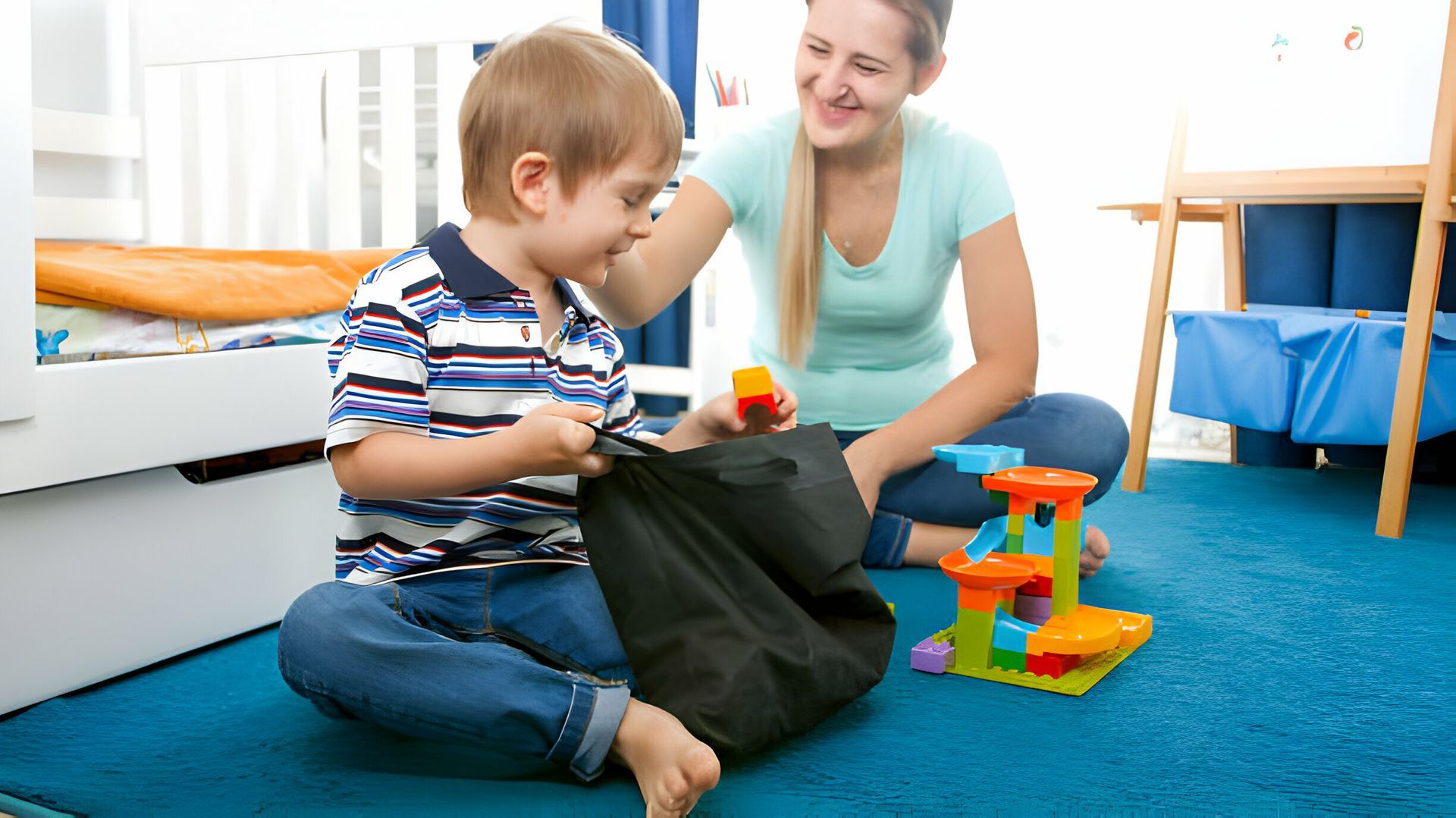
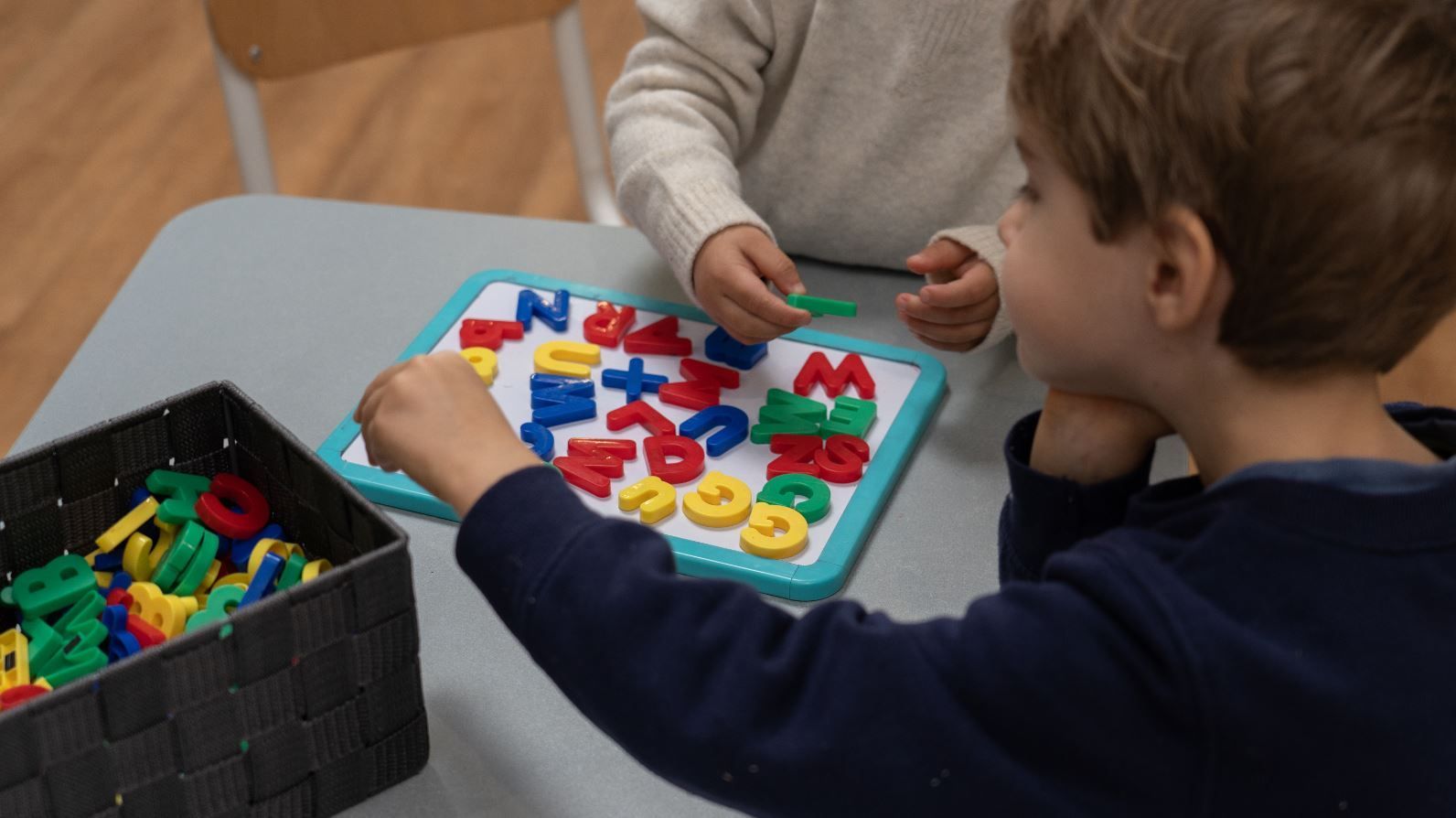



Three Great Newcastle Locations in Kotara, Hunter Street and Hamilton.
Business Hours
Hunter 6:30am - 6pm
Hamilton 6:30am - 6pm
Kotara 7am -6pm
Our Blogs



Three Great Newcastle Locations in Kotara, Hunter Street and Hamilton.
Business Hours
Hunter 6:30am - 6pm
Hamilton 6:30am - 6pm
Kotara 7am -6pm



Three Great Newcastle Locations in Kotara, Hunter Street and Hamilton.
Business Hours
Hunter 6:30am - 6pm
Hamilton 6:30am - 6pm
Kotara 7am -6pm
Contact
Kotara 02 4952 3711
Hamilton 02 4089 5415
Hunter Street 02 4961 5620
Our Blogs


